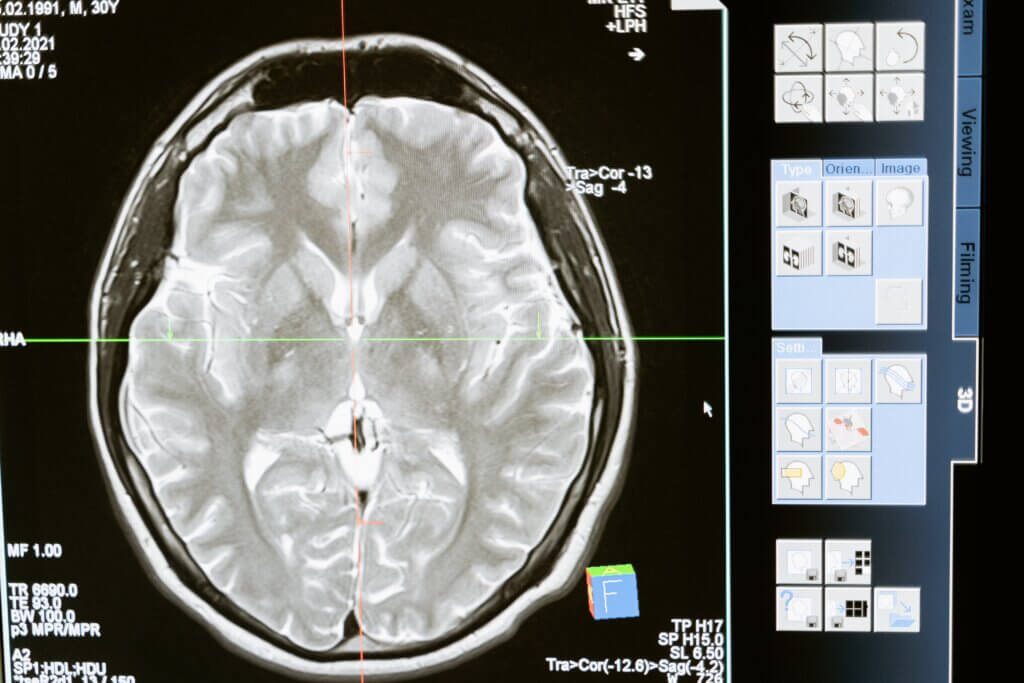UCI Study Reveals Potential Breakthrough in Multiple Sclerosis Treatment
In a groundbreaking discovery, UCI researchers have uncovered the potential of a common sugar, N-acetylglucosamine, to reduce inflammation and improve neurological function in patients with Multiple Sclerosis (MS). This exciting development offers hope to the more than 1.8 million people worldwide affected by MS, as there is currently no cure for this debilitating condition.
The study, titled “N-acetylglucosamine inhibits inflammation and neurodegeneration markers in multiple sclerosis: a mechanistic trial,” was published in the Journal of Neuroinflammation. Dr. Michael Demetriou, Chief of the Division of Multiple Sclerosis and Neuroimmunology at UCI, led the research team. Dr. Michael Y. Sy, Director of the Neuroimmunology Fellowship at UCI School of Medicine, served as the first author, with Dr. Barbara Newton, a Project Scientist at UCI, as the second author.
MS poses a significant challenge due to the chronic inflammation in the brain and the resulting loss of myelin, a protective sheath for nerve cell axons. This nerve cell damage leads to progressive neurological decline in patients.
Dr. Demetriou explained, “Our previous studies in mice and humans implicated N-acetylglucosamine in suppressing brain inflammation, promoting the re-growth of the myelin sheath, and slowing brain degeneration.”
This latest study marks the first clinical trial of N-acetylglucosamine in MS patients, directly examining these potential benefits. The trial, conducted in the Demetriou Lab at UCI School of Medicine and UCI’s Institute of Clinical and Translational Science, produced promising results.
The researchers discovered that N-acetylglucosamine was not only safe for patients but also reduced multiple markers of inflammation and neurodegeneration, even in those already receiving FDA-approved immunomodulatory therapy, Glatiramer Acetate. Importantly, the study revealed a sustained reduction in neurological disability in 30% of the patients—an improvement not observed with existing FDA-approved therapies.
Dr. Michael Y. Sy stated, “They at best slow progression, not improve function.” These findings suggest that N-acetylglucosamine may have the potential to reduce chronic-active neuroinflammation, promote myelin repair, and enhance neurological function.
However, it’s important to note that the trial was unblinded, and further blinded studies and additional parameters are needed to confirm N-acetylglucosamine’s ability to improve chronic-active brain inflammation, myelin repair, neurodegeneration, and neurological function in MS.
Dr. Demetriou emphasized the significance of these potential developments, saying, “Future studies demonstrating that N-acetylglucosamine can restore neurological function in MS patients would be a gamechanger and provide something that no other current therapy can do.”
This research offers newfound hope for individuals battling Multiple Sclerosis and highlights the potential of this simple sugar as a groundbreaking therapy in the fight against this challenging disease.













